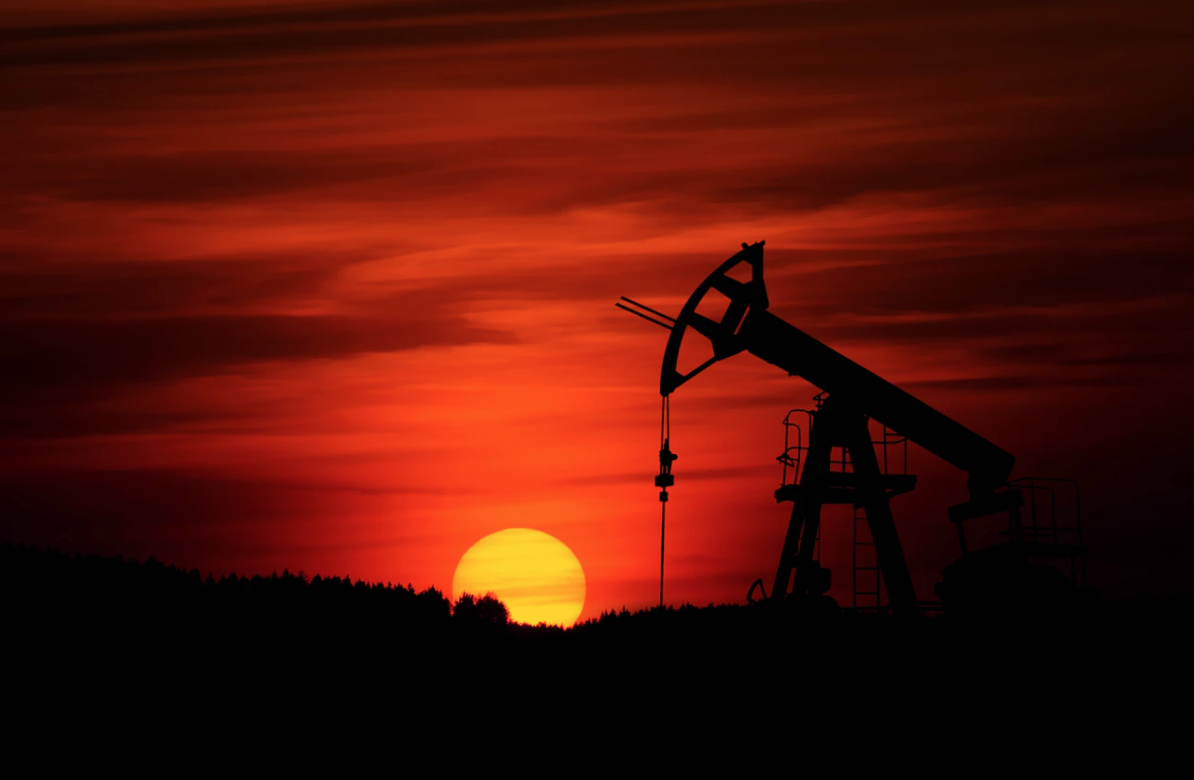In 2019, oil from the Republic of Congo benefited large multinational groups, traders and the Chinese partner. The part reserved for the needs of the people, which was already small, was reduced by unfortunate transactions.
The recently published Extractive Industries Transparency Initiative (EITI) 2019 report on Congo reveals that out of a total of $7.27 billion of oil sold, only $624.5 million (361.3 billion FCFA ), were returned to the coffers of the national public treasury. This share represents just over 8.6%, according to calculations by the Ecofin Agency.
More generally, the share of revenue captured by the Congolese State on the sales of its hydrocarbons in 2019, including social and environmental payments declared by extractive companies, the shares of the National Petroleum Company of Congo (SNPC) net of taxes and miscellaneous tax revenue, was $1.6 billion. This represented just 21% of the total.
The share available to the Congolese public treasury has been reduced by several levies which are distributed outside the country, including $523.5 million to guarantee infrastructure projects built by China. A debt which however was $2 billion and repayable over 20 years.
There was also a withdrawal of $451.2 million for the repayment of a debt contracted with traders Glencore, Trafigura, and Orion-Oil. At the end of 2019, Congo still owed these traders $2 billion, repayable until 2023.
The EITI report thus reveals that Total Energies received $2.3 billion that year from the sale of its shares in Congolese oil. To this must be added various commissions invoiced for its assistance to the Congolese public administrations. The second beneficiary is Chevron Overseas, which received $1.25 billion from the sale of its shares, and the third beneficiary is the local subsidiary of the Italian group ENI, which received just over $1 billion. The latter also received various payments under financial transactions on an electricity project. A loan that carried an interest rate of 18%.
Of the amount that finally arrives in the accounts of the public treasury, another part has been taken by CORAF, the national refining company. Its business model called for it to be able to finance itself. But at the end of 2019, the company had paid back to the public treasury only 3.6 billion FCFA out of more than 194.6 billion FCFA expected.
Finally, we note that the share of oil revenues that will have been effectively allocated directly to the benefit of the 5.4 million Congolese is rather negligible. The infrastructure projects guaranteed with the oil that belongs to them, only slightly benefit local companies and the 264 social housing units built with the Chinese loan are far from meeting the effective demand of the populations.
These populations are even penalized for living in an oil-producing country. In the city of Pointe Noire, the cost of living is high, due to the presence of workers in the oil sector who have the means to finance their consumption, unlike those who still do not have access, directly or indirectly, to oil revenues.





























Réagissez à cet article